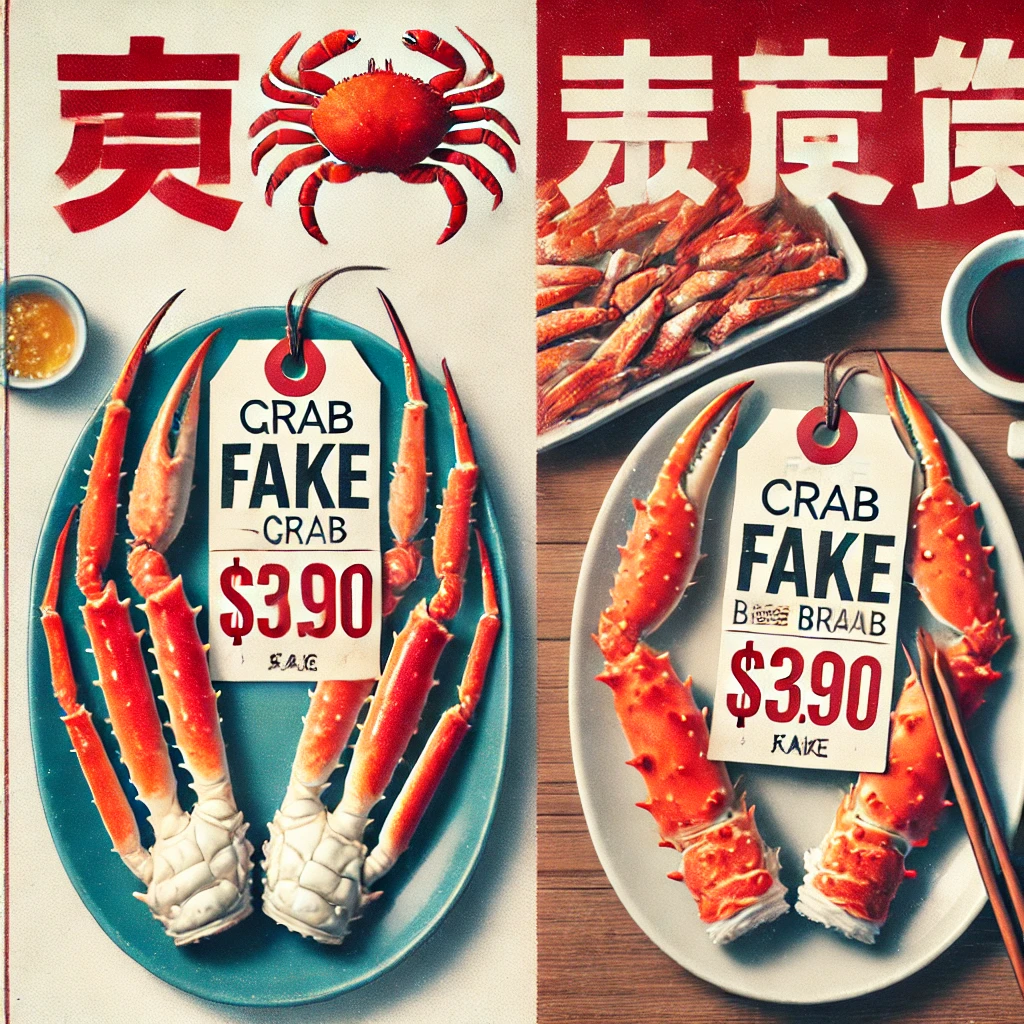Recently, an incident where snow crabs from Hyogo Prefecture were sold as the high-end brand crab “Taiza Crab” from Kyotango City was reported. In this case, the Kyoto Prefectural Police’s Life Security Division and Kyotango Police Station sent documents to the prosecutor’s office, suspecting violation of the Unfair Competition Prevention Act and Trademark Act. This article examines the implications of this incident on food trustworthiness and the importance of regional brands.
Overview of the Incident
At the center of the incident are a 56-year-old woman associated with Kyotango City’s crab fishing boats and a seafood sales company called “Marunaka Suisan.” The woman, being in a position to obtain tags from the local Taiza fishing port, admitted to fraudulently transferring tags to disguise crabs from other prefectures as Taiza crabs for about 15 years. Additionally, “Marunaka Suisan” is said to have sold these fake crabs, profiting from the deception.
Crisis of Food Trustworthiness
This incident significantly damages consumer trust in food. The fact that the high-end brand Taiza crab was counterfeited is a major betrayal for consumers. Consumers purchase brand-name products seeking high quality and reliability, but such fraudulent activities undermine trust in the brand as a whole when exposed.
Importance of Regional Brands
Taiza crab is a proud regional brand of Kyotango City, built through considerable effort and time. However, such fraud incidents can rapidly devalue the brand. Regional brands significantly contribute to the local economy, making the maintenance of their trustworthiness extremely important. Protecting the brand requires strict management and monitoring, and it is a challenge that the entire region must address.
Measures for Preventing Recurrence
It is crucial to take preventive measures to avoid a recurrence of this incident. Specifically, thorough management of tags is essential, ensuring they cannot be easily obtained by unauthorized persons. Strengthening the monitoring system and imposing strict penalties for detected fraudulent activities are also necessary to prevent similar incidents from happening again.
Conclusion
The incident of selling snow crabs from Hyogo Prefecture as the high-end brand “Taiza Crab” from Kyotango City has highlighted the importance of food trustworthiness and regional brands. To protect consumer trust, thorough management and monitoring are indispensable. Additionally, cooperation from the entire region is required to maintain the value of regional brands. Learning from this incident, it is important to implement preventive measures to aim for safer and more reliable food provision.
